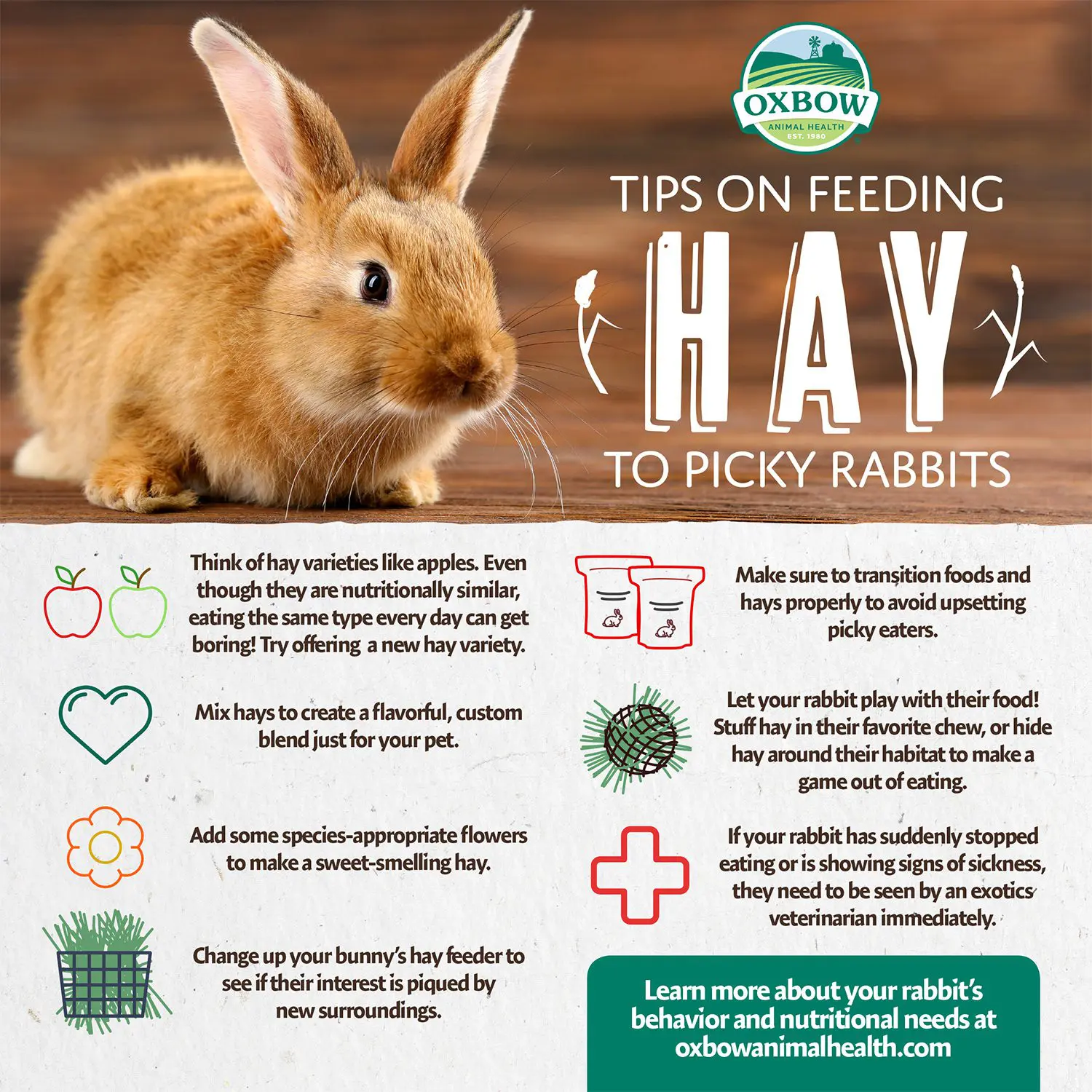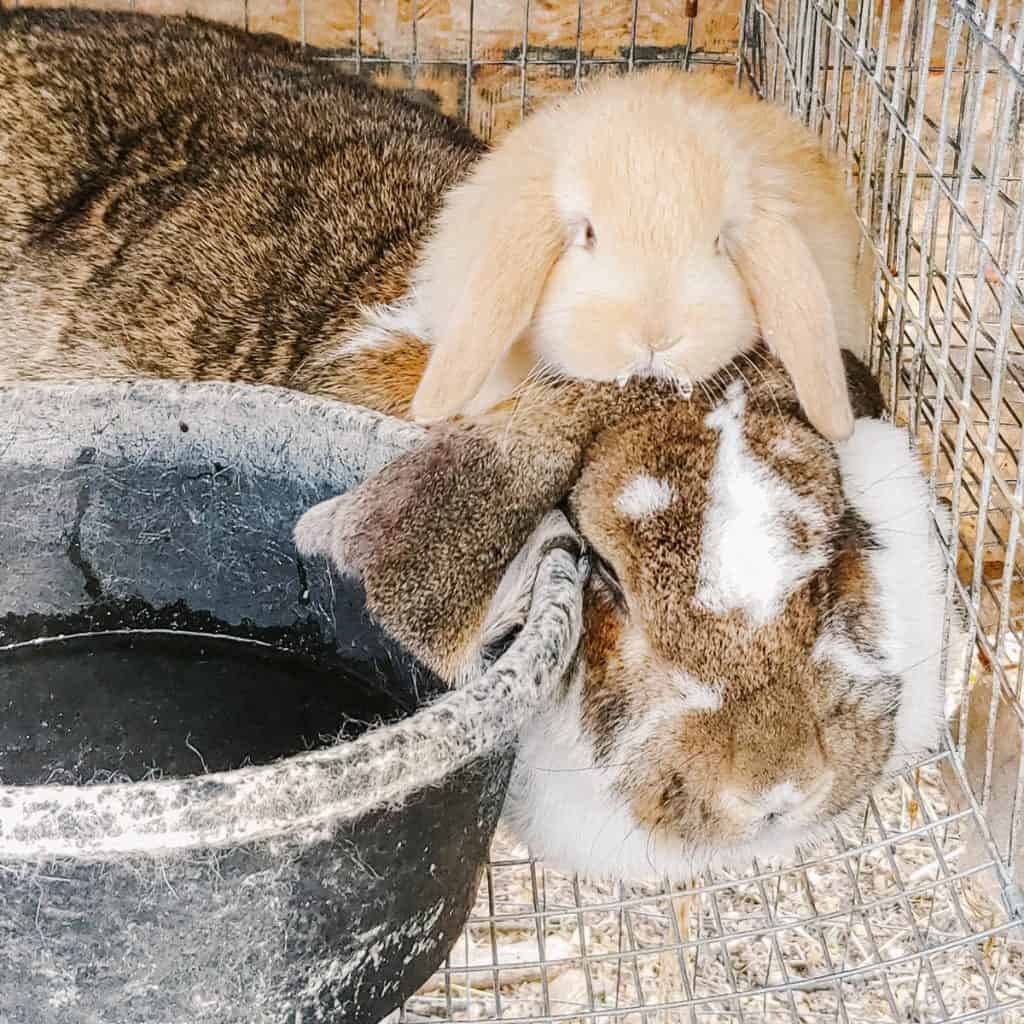Rabbits, like many other animals, take on the responsibility of caring for their young, and one of the most important aspects of this is providing their kittens with the adequate nutrition they need to grow and thrive. The question of “how do rabbits feed their kittens?” is an important one for those who are raising rabbits and/or providing care for kittens. This article will provide an overview of rabbit parenting and kitten care, as well as tips on how to ensure that the kittens are getting the nutrition they need to stay healthy.
Rabbit Reproduction and Parenting

Mate Selection
Rabbits typically begin to mate when they are between four and eight months old. When a male and female rabbit comes together, they will rub their chins against each other and may groom each other. This is a sign that they are ready to mate.
Birth and Litter Size
Rabbits give birth to litters of four or five kits, or baby rabbits, after a gestation period of 28-31 days. Baby rabbits are born blind and hairless, and are completely dependent on their mother for their first few weeks of life.
Developmental Milestones
In the first week of life, the mother rabbit will feed her kittens every two hours. This is necessary for the kits to gain weight and remain healthy. As the kits mature, their mother will feed them less often and will begin to wean them off her milk gradually. By the fourth week, the kittens should be eating solid food and drinking water on their own.
Do Female Rabbits Move Their Babies?
Female rabbits do move their babies if they perceive a threat. This is a defense mechanism that helps keep the litter safe. The mother rabbit will move her kits one by one to a different nesting area if she senses danger. She will also spread her scent around her nest to mask the smell of the babies and protect them from predators.
Rabbit Feeding Habits

Diet
Rabbits are herbivores, primarily eating grasses, hay, and leafy greens. They need a balanced diet that is high in fiber and low in protein. They do not require any additional vitamins or minerals, as the food they eat is enough to meet their nutritional needs.
Prey
Rabbits may occasionally hunt for small prey such as insects, worms, or mice. However, this is not a regular part of their diet and should not be relied upon as a source of nutrition.
Frequency of Feeding
Rabbits eat multiple times a day, typically grazing throughout the day. They should have a constant supply of fresh hay, grasses, and leafy greens available to them.
Nursing Kittens
Rabbits can nurse their kittens, but it is not necessary. Kittens will usually consume solid food after about two weeks of age. Kittens should be given a high-quality kitten food that is specifically designed for their age and size.
Kitten Care
Weaning
When it comes to weaning, rabbits are very patient parents. Generally, the mother will begin to wean her litter at around 4-5 weeks of age. She will slowly reduce the amount of milk she provides her kittens and encourage them to eat solid food. If the mother is not present, it is important for the owner to provide a nutritious and balanced diet to the kittens.
Socialization
Socialization is an important part of kitten care. It is important for the kittens to become comfortable with people and other animals so that they can be adopted and live happily in their new homes. It is best to provide a safe and stimulating environment for the kittens, such as a large playpen, so that they can explore and interact with their environment.
Health Care
Rabbit kittens need to receive regular check-ups and vaccinations in order to stay healthy. It is important to keep their environment clean and free of parasites, as these can cause serious health issues. The kittens should also be monitored for signs of illness and treated as soon as possible.
Frequently Asked Questions
How Often Should Rabbits Feed Their Kittens?
Kittens should be fed four to six times a day until they reach six weeks of age. After six weeks, their diet should be reduced to three meals a day, which should be supplemented with hay. As the kittens grow, they can eventually be transitioned to a diet of hay and adult pellets. It is important to ensure that the kittens receive adequate nutrition and should be monitored closely for any signs of malnutrition.
What is the Best Diet for a Nursing Rabbit and Her Kittens?
A nursing rabbit and her kittens should be fed a diet that is high in fiber and protein. This should include hay, grass, and fresh vegetables, as well as a small amount of pellets. Fresh water should be available at all times. Kittens should be given kitten-specific pellets, which have higher levels of protein and fat than adult rabbit pellets. If a nursing rabbit is not receiving enough nutrition, they may not produce enough milk to adequately feed their kittens. Therefore, it is important to provide a balanced diet that meets the needs of both the mother and her kittens.
Is it recommended to handle the kittens while the mother rabbit is still nursing them?
- Handling the kittens should be minimized until they are weaned from their mother.
- Kittens should be handled only for short periods of time and with great care.
- It is important to ensure that the mother is comfortable and not disturbed during the nursing period.
- Kittens should not be removed from the mother until they are at least 4 weeks old.
- Kittens should be handled with gentle care and slowly acclimated to human contact.
It is important to wait until the mother rabbit has weaned her kittens before handling them. The mother rabbit should be allowed to care for her kittens without any interference. Kittens should only be handled for short periods of time, and with great care, to ensure that the mother is comfortable and not disturbed. Kittens should not be removed from the mother until they are at least 4 weeks old. When handling the kittens, they should be treated gently and slowly acclimated to human contact.
How can I tell if a kitten is healthy and getting enough nutrition from its mother?
To determine if a kitten is healthy and getting enough nutrition from its mother, inspect the kitten for signs of good physical health, such as a glossy coat, bright eyes, and clean ears. Additionally, a healthy kitten should have a steady weight gain, and its coat should appear full and thick. If the kitten has a healthy appetite and appears energetic, it is likely getting enough nutrition.
How Long Does it Take for a Rabbit to Wean Her Kittens?
Generally, a rabbit will wean her kittens by the time they are 8 weeks old.
- Kittens are typically ready to be weaned by 6 to 7 weeks of age.
- At this time, the mother rabbit begins to bring food to the nest.
- Kittens are ready to eat solid food and their mother will start to encourage them to eat on their own.
- Kittens will gradually start to take less milk from their mother before fully weaning by 8 weeks.
It is important to make sure the kittens are eating solid food and drinking water on their own before weaning. The mother rabbit will continue to provide warmth and protection for her kittens until they are ready to be separated from her.
Conclusion
Rabbits make wonderful parents, taking great care to feed and nurture their young. By understanding their unique parenting style, rabbit owners can provide their pets with the best care possible. Kittens need to be fed a diet of hay and leafy greens and should also receive plenty of fresh water and healthy treats. With the right diet and regular vet check-ups, rabbit parents can ensure their kittens grow up healthy and content.
References
- Karen L. McDonald, “Litter Size, Kitten Growth, and Parental Care in Wild Rabbits (Oryctolagus cuniculus)”, Journal of Mammalogy, 2009
- R. A. Erb, “Nest Building and Parental Care in the European Rabbit (Oryctolagus cuniculus)”, American Midland Naturalist, 2011
- C. S. Soto, “The Role of Parental Care in Wild European Rabbits (Oryctolagus cuniculus): A Review”, Mammal Review, 2002
